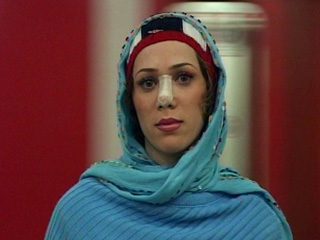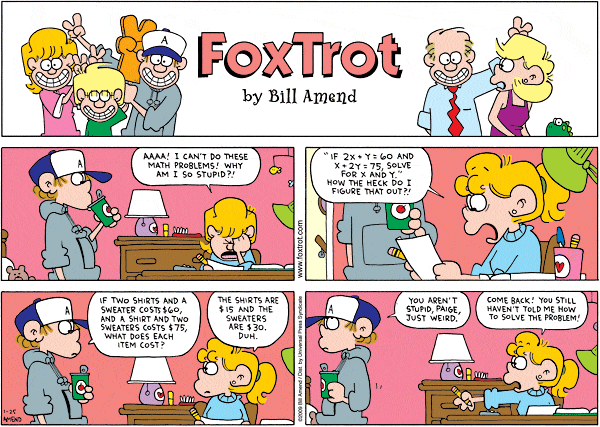One Kind of Pain Relieves Another
Victoria Banales’ thesis that “institutionalized sexist, racist, and classist ideologies… make cosmetic surgery…not a choice but an economic necessity for many Third World women in Peru and elsewhere in the Americas,” and her subsequent claims about the nature of Western society limiting the extent to which “choice” is even possible for many women regarding cosmetic surgery have succinctly summarized the fundamental discomfort I have always felt regarding cosmetic surgery that is not used for reconstructive/medical purposes. As someone who believes in trying to find the rips in the fabric of institutionalized oppressions, I’ve always had a problem with the idea of elective cosmetic surgery, but found it hard to voice what exactly the problem was without denigrating the personal agency of women who have it.
The way that Banales described how achieving “beauty” for women who have been racialized within their societies most often equals “softening” racial features struck very close to home for me, because I have had experience with a friend who got cosmetic surgery to reduce a feature which she had always hated. To me her arguments about appearing better in professional and dating situtations seemed like a cover for the subconscious knowledge that this feature was an ethnic signifier. But I love my friend, and she is a adult woman and entitled to make her own decisions, so I voiced my opinions once and then declined to comment further. And now she is pleased with her appearance. Her experience seems to mirror Banales’ idea about how the pain of the surgery is used to relieve the pain of racial/ethnic oppression within societies where the “exchange-value” of a certain appearance is higher than another.
I was also reminded of the documentary film “Nose Iranian Style,” directed by Mehrdad Oskouei, which documents through interviews with teenagers and their parents the fact that Iran is the world’s leader in rhinoplasty, with 60, 000-70, 000 a year. Most of the teenagers and young adults point to the kind of noses they want in Western fashion magazines and films. The idea that a country which, at least on an official policy level, is so opposed to “Western” ideals, in fact leads the world in the cosmetic transformation of people to immitate a “Western” beauty ideal is kind of fascinating, especially since most of the people featured are middle/upper class people who can certainly afford the surgery and are not merely doing it to increase their economic status.
I am fascinated by the way which Banales used Foucault’s idea of the the body as an “inscribed surface of events” made literal by cosmetic surgery, but in light of the content of the rest of the article, I would contend that the body is instead an inscribed surface of oppressions, and expectations founded upon these oppressions.


Comments are closed.